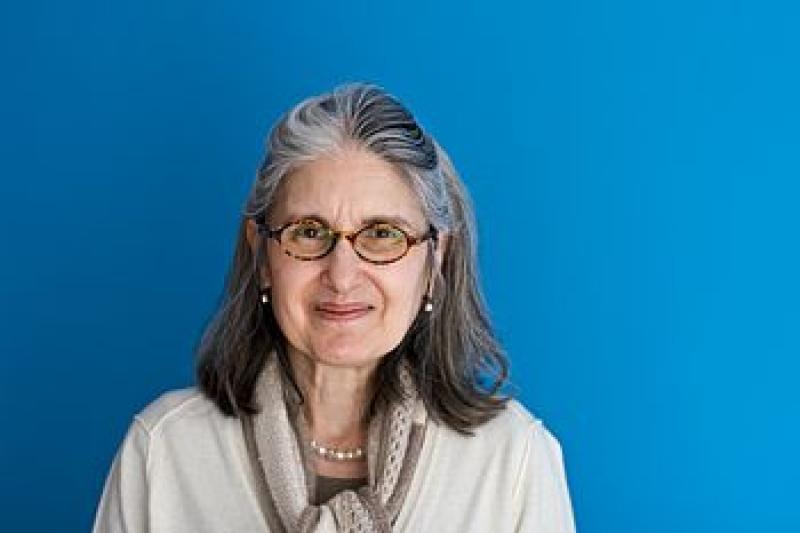Science Goes Modern: Imagining the Past, Present and Future of Science, c. 1900.


In her acclaimed works on the history of science, Lorraine Daston has explored a wide range of topics, including wonders in early modern science, the emergence of the scientific fact, the moral authority of nature, and the history of scientific objectivity. This week, the executive director of the Max Planck Institute for the History of Science and renowned authority on Early Modern European scientific and intellectual history will deliver a series of three public lectures at the University of Virginia under the title “Science Goes Modern: Imagining the Past, Present and Future of Science, c. 1900.”
The three lectures, scheduled for today, Wednesday and Thursday in Nau Hall 101, will be presented as part of the University’s historic Page-Barbour Lectures series. Each of Daston’s talks will begin at 5 p.m., followed by a reception each evening. Admission to the Page-Barbour lectures is free and open to the public.
“Daston has long been one of the leading historians of science, writing on the history of probability and statistics, wonder in early modern science, the emergence of scientific facts and objectivity, and the moral authority of nature,” said Chad Wellmon, chair of the Page-Barbour and James W. Richard Lecture Committee and an associate professor of Germanic Languages and Literatures. “And regardless of her topic, she brings a deeply humanistic interest to her study. She always asks about the ethical shape of science and knowledge more broadly.”
Daston divides her time between Germany’s Max Planck Institute for the History of Science and a visiting professorship in the University of Chicago’s Committee on Social Thought. Her 2007 book Objectivity, co-authored with Peter Galison, examines the emergence of objectivity in the sciences in the mid-19th century. Her recent collaborative book projects include How Reason Almost Lost Its Mind: The Strange Career of Cold war Rationality (authored with Paul Erikson et al., 2014). Her recent collaborative book projects include How Reason Almost Lost Its Mind: The Strange Career of Cold war Rationality (authored with Paul Erikson et al., 2014). Other projects include a history of rules, based on her 2014 Lawrence Stone Lectures at Princeton University, the emergence of Big Science and Big Humanities in the context of 19th-century archives, and the relationship between moral and natural orders.
Daston is a member of the American Academy of Arts & Sciences and the recipient of the Pfizer Prize and Sarton Medal of the History of Science Society, the Schelling Prize of the Bavarian Academy of Sciences, the Lichtenberg Medal of the Göttingen Academy of Sciences and the Luhmann Prize of the University of Bielefeld. She received an honorary doctorate of humane letters from Princeton University. In addition to directing Department II of the Max Planck Institute for the History of Science, she is a Permanent Fellow of the Wissenschaftskolleg zu Berlin.




